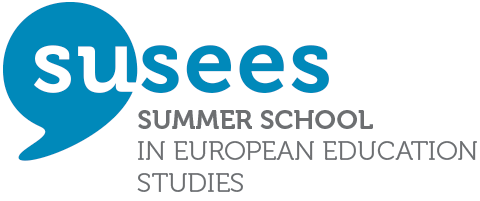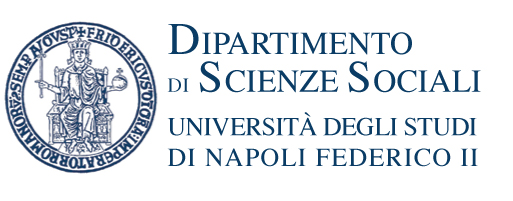Home › Forums › 2018 SUSEES Edition – Writing Groups › Sarah Fuller – Short Presentation and proposal outline
This topic contains 0 replies, has 1 voice, and was last updated by Sara Fuller 6 years, 9 months ago.
-
AuthorPosts
-
28 June 2018 at 0:39 #957
Institutional Affiliation: I will soon complete my Master’s in International and Comparative Education at Teachers College, Columbia University in New York. I am a student of Gita Steiner-Khamsi, Oren Pizmony-Levy, and Camilla Addey, under whom I study comparative policy and educational planning in the International Educational Development program with a focus on Italy and South-East Europe.
Training background: M.A. (December 2019) in International and Comparative Education/International Educational Development
B.S. in Early Childhood and Special Education/International Studies
UNESCO: I am currently interning in the Education Unit at UNESCO Regional Bureau of Science and Culture in Europe in Venice, Italy, where I am mapping the availability of data to monitor progress toward SDG-4 in Southeast Europe, writing an Education Sector Analysis for Bosnia and Herzegovina, and assisting with Albania’s Voluntary National Review and Situation Analysis.
Main themes of investigation:
My current thesis research aims to explore regional differences in Italian public primary school teachers’ attitudes toward, understanding of, and experiences with intercultural education, applying the region as a new unit of comparative analysis.
I’ve recently written a paper on non-formal education for immigrants in Italy and the role of the state in the processes of citizenship formation.
My recent research on educational data included a media analysis of the reception of the 2015 PISA results in Italian newspapers in which I demonstrate the selective acceptance of reference societies that serve political interests and thus the need for further nuancing of existing dichotomies that distinguish between heterstereotypical rejections on one hand and referential acceptance on the other. I apply Grey and Morris’s (2018) “media logic” to Italy’s reception of the 2015 media results to demonstrate the framing of PISA results within the context of ongoing policy debates in a way that gives support to these debates. Furthermore, I showed how media capital is assigned to serve political interests and interpretations and to legitimize PISA by embedding it in a local context (Pizmony-Levy, 2016).
I have also recently conducted network analysis of study abroad program website descriptions using UCINET to demonstrate the isomorphism of study abroad phrasing, acknowledging the role that universities play in the spatialization of globalization, the capitalist world-economy, and internationalization. I demonstrate how an approach that combines world-systems analysis with world culture theory can explain how globalization has become both a taken-for-granted force and an imagined space and is recontextualized within national discourse.I intend to write a paper on the commensuration of intercultural education policies and practices (e.g., the role of international large-scale assessment in the commensuration of intercultural education and global citizenship education practices) through the lens of World Culture Theory.
Starting Knowledge Base
I intend to approach this topic through the lens of World Culture Theory (Pizmony-Levy) to explain the commensuration of the assessment of skills that have until very recently been considered “unmeasurable.” Regarding intercultural education, I intend to apply the theoretical lens of Anzani which is based on that of Puzic (2007), Faas et al. (2014), and Mikulec (2015) who distinguish interculturalism from multiculturalism and calls for dialogue, exchange, and the questioning of ideas of culture and diversity, thereby becoming intercultural rather than “doing interculture.”Methodology: Media discourse analysis, curriculum analysis, grounded theory, interview research, network analysis (UCINet)
Topics of Interest: Commensuration and isomorphism in education, intercultural education policies and practices, education for immigrants (e.g., the role of non-formal education and state certification in citizenship formation for immigrants), international large-scale assesment
Languages: English and Italian
Knowledge needed to complete the paper: I would like to cooperate with someone who is also interested in the local legitimization and contextualization of international ideas, particularly someone knowledgeable about how attitudes and mentalities (e.g., those associated with intercultural education) are turned into measurable competencies.
-
AuthorPosts
You must be logged in to reply to this topic.


